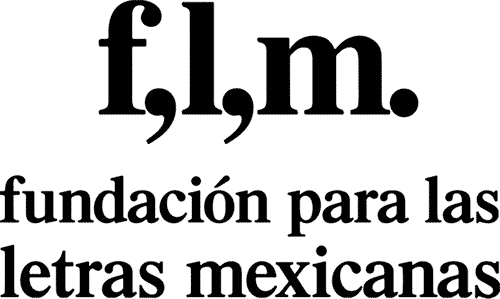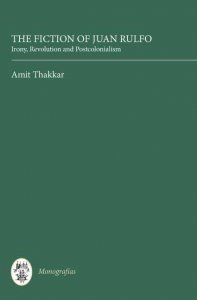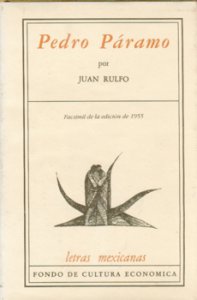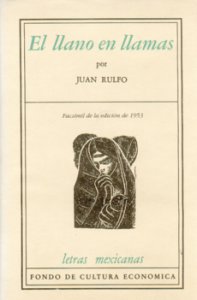This is the first extended, English-language study to focus exclusively on the fiction of Juan Rulfo in over twenty years. It contains innovative analyses of a selection of short stories from Rulfo's collection, El llano en llamas (1953). It also examines in great depth two of the main characters of Pedro Páramo (1955), Rulfo's masterpiece and only novel.
The book shows how Rulfo's works can be read as exercises in irony directed against the rhetoric of post-Revolutionary Mexican governments. It also demonstrates the relevance of certain legacies of colony in Rulfo's use of irony. Successive Mexican governments promoted a vision of post-Revolutionary society founded on specific notions of ethnicity, family, nation, education, religion and rural politics. The author combines examination of the speeches, images and newspaper articles which disseminated this vision with incisive literary analyses of Rulfo's work. These analyses are informed both by his original theory of irony, based on "internal" and "external" referents, and by existing postcolonial theories, particularly those of Homi K. Bhabha.
Amit Thakkar is a Lecturer in Hispanic Studies at Lancaster University.





